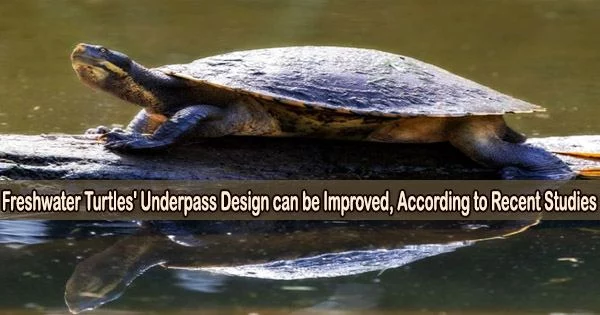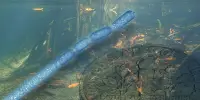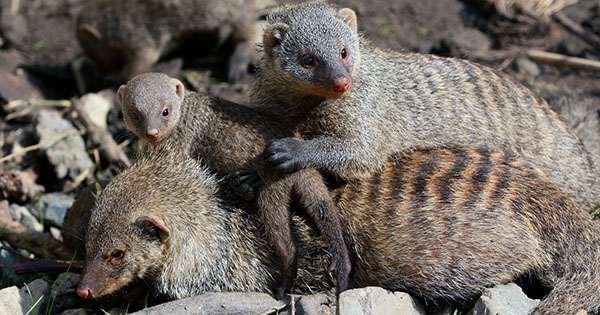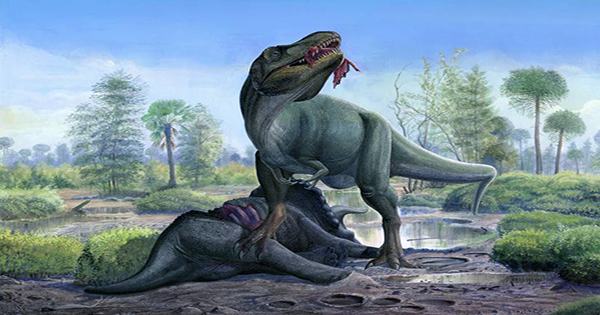Freshwater turtles are a diverse group of reptiles that belong to the order Testudines. They are called “freshwater” turtles because they primarily inhabit freshwater habitats such as rivers, lakes, ponds, and marshes, as opposed to their counterparts, the sea turtles, which live in marine environments. Freshwater turtles are found on almost every continent, except Antarctica.
Freshwater turtles are one of the most endangered vertebrate species on the planet, and once they leave the safety of their aquatic habitat to lay their eggs on land, they must constantly fight for their lives in today’s increasingly urbanized wetlands.
There hasn’t been much research done on how to construct eco passes so that people can safely cross from one side of the road to the other.
Researchers from Murdoch University’s Harry Butler Institute have studied the southwestern snake-necked turtle (Chelodina oblonga) found in the southwest of Western Australia and discovered that this “Near Threatened” species (as listed by the International Union for Conservation of Nature) would likely significantly benefit from installation of newly designed tunnels, as well as simple changes being made to existing wildlife tunnels, to improve their chances of a successful and faster road crossing.
This work offers the first description of the variables that may help southwestern snake-necked turtles navigate tunnels successfully and minimize road-related mortality, hence assisting in the management and conservation of the species as well as freshwater turtles in general.
As a result of this study, our suggestions are either to construct new underpasses with open grate tops in wetland areas surrounded by roads, where vehicle-strikes of the turtles commonly occur, or to modify existing underpasses to increase light levels.
Dr. Anthony Santoro
Harry Butler Institute turtle ecologist Dr. Anthony Santoro says the freshwater turtles’ vulnerability to vehicle mortalities called for this study of their behavior and will help develop effective strategies to improve their safety.
“Freshwater turtles undergo seasonal migrations across terrestrial landscapes for nesting, as well as movement away from undesirable habitat conditions,” Dr. Santoro said.
“As part of this research, we tested whether differing light levels in tunnels affected their ability to use them successfully to therefore safely negotiate road crossings.”
“Turtles in the light treatment were significantly more likely to cross the tunnel, with 97.3% of turtles in the light treatment successfully crossing, compared with only 30% of the turtles in the dark tunnels.”
“Unfortunately, many of the current wildlife tunnel passages in Perth are dark”
Dr. Santoro said the research has led to the team suggesting simple changes which could have a major impact on the future of freshwater turtles.
“As a result of this study, our suggestions are either to construct new underpasses with open grate tops in wetland areas surrounded by roads, where vehicle-strikes of the turtles commonly occur, or to modify existing underpasses to increase light levels.”
“Where this is not possible, artificial lighting could be installed, which may have similar effects to natural light; either option would likely reduce road-related mortality.”
The committee has advised that extra monitoring would be helpful to have a deeper knowledge of how the turtles use underpasses.
















